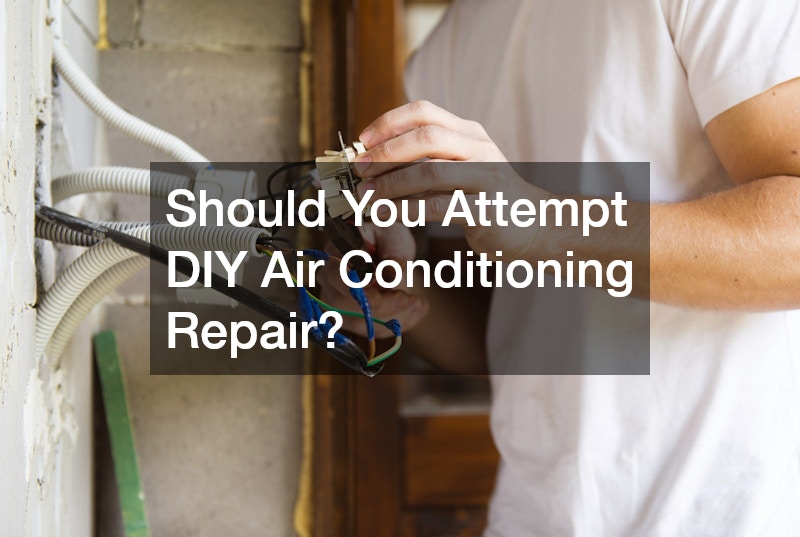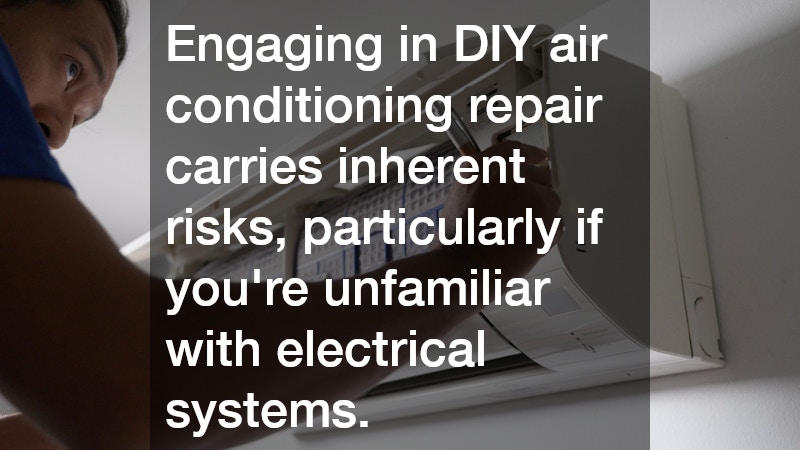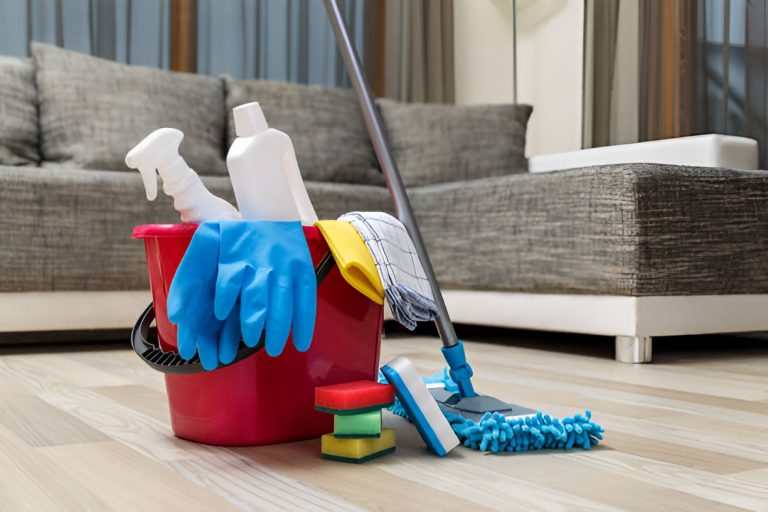

In the midst of sweltering summer months, a malfunctioning air conditioning system can quickly escalate from a minor inconvenience to a major headache. It’s no surprise that many homeowners grapple with the decision of whether to tackle air conditioning repair themselves or call in a professional. The internet is replete with DIY guides, promising easy solutions that ostensibly save time and money.
However, the question remains: is attempting DIY air conditioning repair a wise choice? In this detailed article, we will delve into the factors you should consider before embarking on a DIY air conditioning repair journey.
Air conditioning systems are intricate appliances that require specific knowledge and tools for effective repair. While replacing a filter or cleaning the unit might seem straightforward, more complex issues, such as refrigerant leaks or electrical problems, demand professional expertise. Without a thorough understanding of the system’s workings, one might inadvertently exacerbate the issue, leading to costlier repairs down the line. Before you unscrew the housing of your AC unit, it’s crucial to weigh the pros and cons of DIY repairs.
Although the temptation to save money is strong, the potential risks associated with DIY air conditioning repair often outweigh the benefits. Aside from the possibility of causing further damage, attempting repairs without the necessary skills or equipment can pose safety hazards. Moreover, most modern air conditioning systems come with warranties that can be voided if unauthorized repairs are attempted. Consequently, it’s essential to carefully evaluate your capabilities and the nature of the problem before proceeding with any DIY repair attempts.
Understanding the Complexity of Air Conditioning Systems
Before deciding to take on a DIY air conditioning repair, it’s important to understand the complexity of these systems. Air conditioners comprise various components, including compressors, evaporators, condensers, and thermostats, all working in unison to provide cooling. Each part serves a specific function, and if one fails, it can affect the entire system’s performance. For example, the compressor is integral to pressurizing refrigerant gas, a task that requires particular knowledge to address correctly.
The intricacies of these systems mean that diagnosing the root of the problem can be challenging for a novice. It’s not uncommon for an untrained individual to misdiagnose the issue, focusing on symptoms rather than the cause. Misdiagnosis can lead to incorrect repairs, which can potentially damage the unit further. Understanding how and why these components interact is crucial for any repair attempt, emphasizing why professional intervention is often necessary.
Moreover, air conditioning repair often involves handling refrigerants, which are chemical compounds that require proper handling and disposal due to their environmental impact. Mishandling refrigerants can lead to their release into the atmosphere, contributing to ozone depletion. Proper handling requires specialized equipment and certifications, which the average homeowner typically does not possess. This alone is a compelling reason to consider professional air conditioning repair services.
Potential Risks of DIY Air Conditioning Repair
Engaging in DIY air conditioning repair carries inherent risks, particularly if you’re unfamiliar with electrical systems. Air conditioners operate on high voltage, and improper handling can result in electric shock or fire hazards. Personal safety should always be at the forefront, and working with electricity poses significant risks without the appropriate expertise and precautions in place.
Beyond personal safety, there is the risk of inflicting further damage on the air conditioning system. Using the wrong tools or techniques can exacerbate existing issues or create new problems, escalating repair costs when a professional is eventually brought in to remedy the situation. What might start as a simple attempt to fix a minor fault can quickly snowball into a costly and complicated repair job.
Additionally, attempting repairs can void warranties offered by manufacturers or service providers. Most warranties contain specific clauses stating that unauthorized repairs will result in loss of coverage. In the long run, this could lead to paying out of pocket for replacements or repairs that might have been covered if a certified professional had been employed. Protecting your investment should be a priority when deciding between DIY and professional repair services.
Benefits of Professional Air Conditioning Repair
Enlisting the services of a professional for air conditioning repair offers numerous advantages. One of the primary benefits is the assurance of quality craftsmanship. Professionals are formally trained and equipped with the necessary tools and knowledge to diagnose and rectify issues efficiently and effectively. Their expertise ensures that repairs are done right the first time, avoiding repeat problems or additional damage.
Another significant benefit is the peace of mind that comes with knowing safety standards are met. Certified technicians follow industry-standard safety protocols, significantly reducing the risk of accidents. Moreover, professional repairs often come with a service guarantee, providing reassurance that if issues arise post-repair, they will be addressed without additional cost. This reliability makes professional repair services an attractive option for homeowners.
Lastly, using professional services protects the longevity of your air conditioning system. Regular maintenance and professional repairs extend the system’s life, optimize energy efficiency, and prevent frequent breakdowns. Professionals can also provide valuable advice on system maintenance and energy-saving practices, contributing to reduced utility bills over time. The investment in professional air conditioning repair reaps long-term benefits, both from a financial and operational perspective.
While DIY air conditioning repair may seem appealing due to cost-saving prospects, the potential risks and challenges often outweigh the benefits. The complexity of AC systems, the risks to personal safety, and the possibility of voiding warranties are significant considerations. Similarly, the peace of mind, safety assurances, and long-term savings realized through professional services make them a worthwhile investment.
As highlighted, professional air conditioning repair not only guards against further damage but also enhances the system’s efficiency and reliability. The value of expert guidance and quality repairs cannot be understated, especially when weighed against the backdrop of a potential sweltering summer. Ultimately, if you find yourself questioning whether to undertake a repair personally, it might be time to call in the experts.
In conclusion, consider your skill set, the nature of the problem, and the safety risks involved before embarking on a DIY air conditioning repair. Investing in a professional service ensures that your air conditioning system remains in optimal condition, ready to provide comfort during those hot summer days. The decision between DIY and professional repair should be made carefully, with full consideration of all factors outlined in this article.




